With over 40 years in rotational mould making we've learned the right
and WRONG materials to use. We typically construct the body of our
moulds using 12 gauge cold rolled steel. However, we're not bound to
just this material. We can use a variety of thicknesses ranging from 18
gauge to 1/4" plate. We then proceed to strengthen all parting line
seams wih reinforcing key-stock. Next we hinge and clamp the moulds
whenever possible. This comes highly recommended for larger
production tools for its ability to vastly decrease a tools downtime,
and increase cycle times, and make it easier for laborers. We can also
manufacture butt seams and nut and bolt closures if desired. All split
lines are welded, then finished
on the inside of the mould,
thereby making them virtually
invisible on the plastic part.
Structural tubing is then added
for framework to add strength
and structural rigidity to our
tooling. This also doubles as
mould protection. Also, with
our extensive experience we are able to detect possible problems in your design such as plastic part removal, and shrinkage dilemmas. In addition, modifications and repairs to existing moulds are much easier, quicker, and cheaper. This is due to our ability to just add and remove sections without the need for recasting. This is extremely beneficial when your plastic part has to line up with something already produced, then modified at a later date.
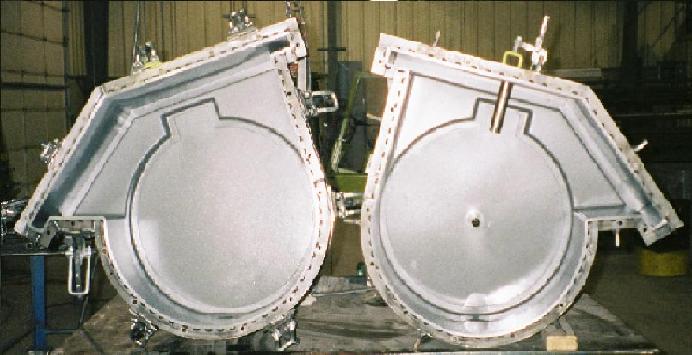
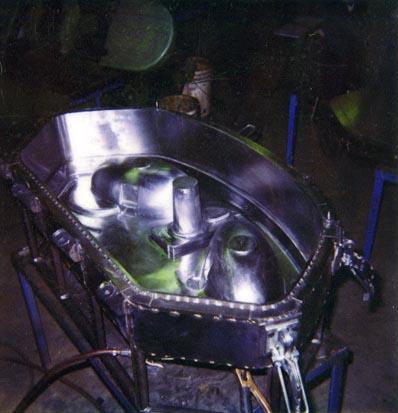
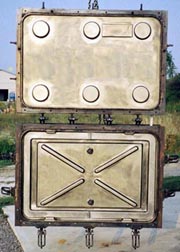
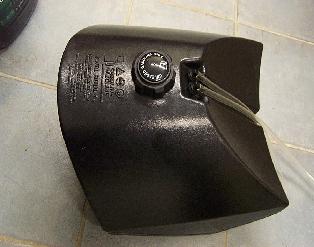

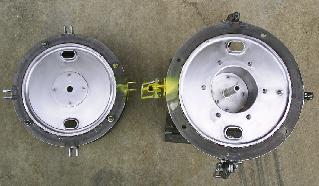
We are situated in a brand new 10,000 sq.ft building in Lindsay, Ontario, 1 hour north-east of Toronto. We employ a highly skilled workforce that has ben equipped with state of the art equipment.